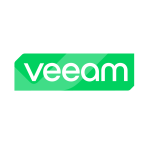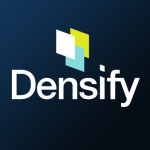I use it for monitoring and DRS automation.
It gives me metrics that I can share with the rest of my team. I can say, "Look, this server is performing poorly." Even down into the Windows Servers, which are my primary bread and butter, it gives me visibility into situations such as when they're running out of storage and I need to expand the drives. It gives that top-level visibility to get in and fix a lot of problems.
It helps us provide better quality of service. I'm still not going to it first for troubleshooting. I'm going to it and discovering things that I need to troubleshoot.
The visibility of the whole stack, everything all in one plane.
One thing I don't like is that all the scales are self-referencing. So when I get a "one," is that one out of ten, one out of a hundred? I don't know. So I can say these servers are performing ten times better than that server but I don't know where the scale goes.
Also, the first "20 percent" of it is user-friendly, that quick, "fix this." The first level is easy, but to really dig down and get more information out of it, it gets beyond the scope of time that I have to put into it. A lot of it is that it indicates: "And there is a problem," and not all of those problems are autofix. And that's where I get stuck: "Oh there's a problem." It doesn't always give me the information to go fix it.
I'm a small fish, so I'm not going to outgrow it any time soon.
I had some issues getting things set up in the beginning. I don't know what I did differently but somewhere in there it just clicked and it worked.
Most of my infrastructure is Windows, but Hyper-V isn't in the same class as VMware. It still feels like the new kid on the block. I've literally been using VMware since '99, product one. And being here, 20 years later, it's just VMware, it's there, it's what you use.
I don't know how to move past where I am. I feel like I'm only scratching the top 20 percent.
When looking to work with a vendor, I look for one that is knowledgeable, that understands my problems and the way I work, and that will be there when I need help.











